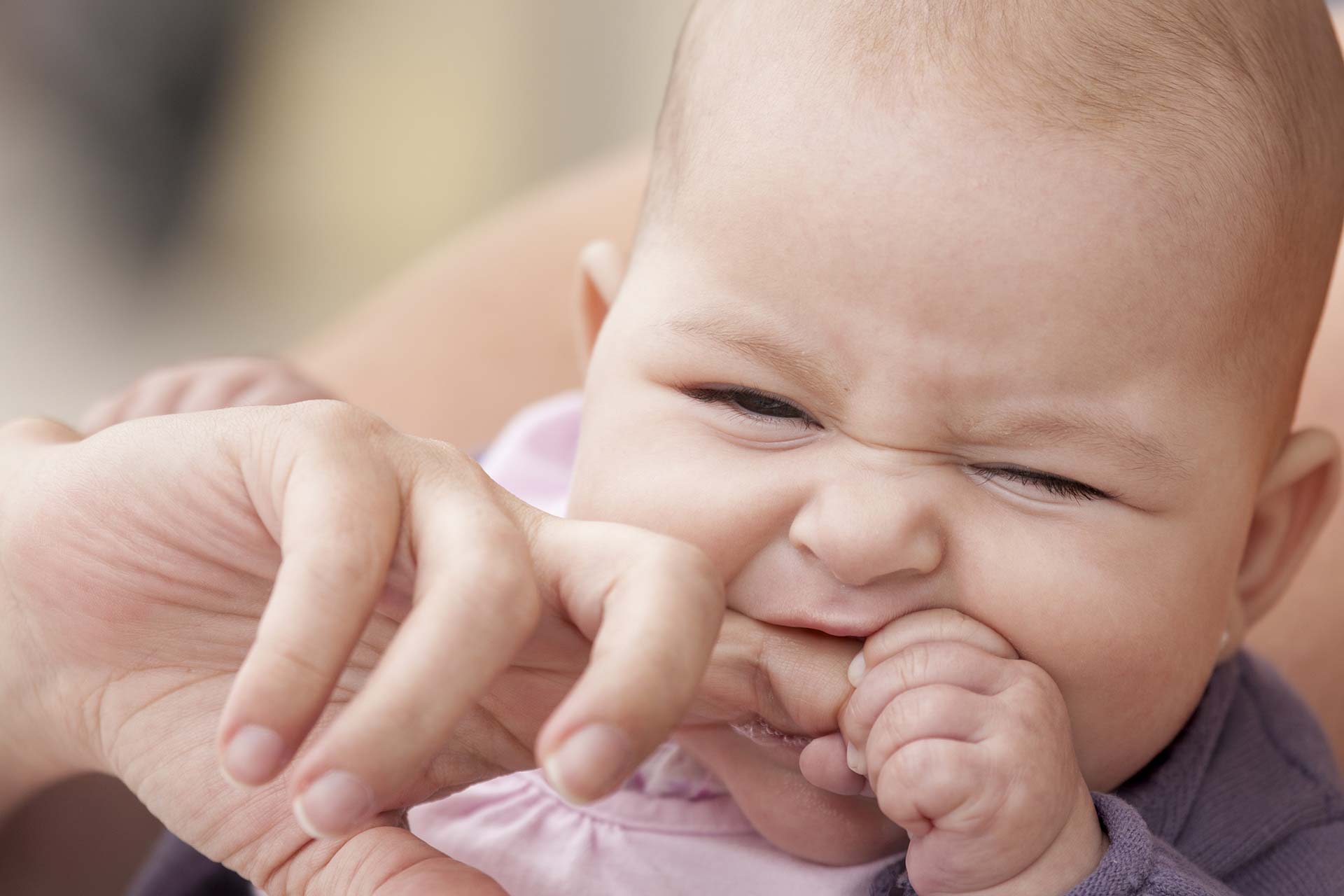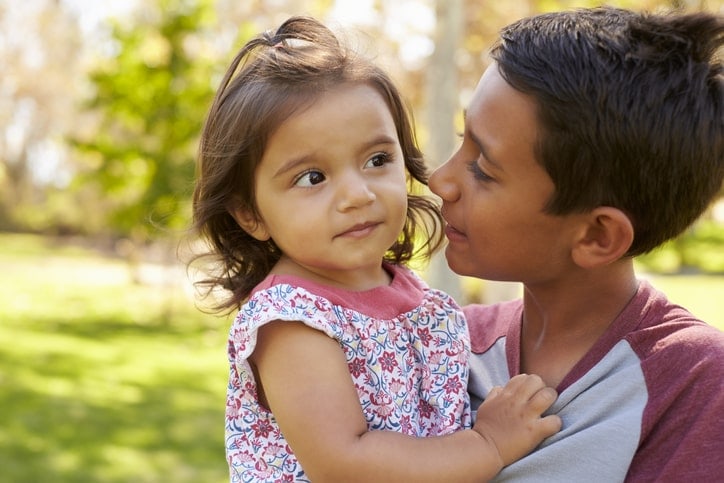Biting is a behavior that can be distressing for both parents and educators when it emerges among young children at school. Understanding and effectively managing this behavior requires a thoughtful and collaborative approach between parents, teachers, and caregivers. Managing biting behavior in young children requires patience, understanding, and a collaborative effort. By delving into the root causes, promoting effective communication, teaching empathy, maintaining consistency, incorporating positive reinforcement, and fostering collaboration between parents and educators, it is possible to navigate and address biting behaviors in a way that supports the child’s emotional and social development.

Understanding The Triggers
Understanding the Triggers
The first step in addressing biting behavior is understanding its root causes. Biting in young children can be triggered by frustration, communication difficulties, a desire for attention, or simply exploration. Observing when and where the biting occurs can provide valuable insights into the child’s emotional and social triggers.
Effective Communication
Encouraging effective communication is crucial in addressing biting. Since young children may not possess the verbal skills to express themselves adequately, providing alternative means of communication, such as gestures or pictures, can help reduce frustration and minimize the likelihood of resorting to biting.

Effective Communication
Teaching Empathy
Teaching children empathy is an essential component of addressing aggressive behavior. Helping them understand how their actions impact others and fostering a sense of compassion can contribute to the development of positive social skills. Storytelling and role-playing scenarios can be effective tools in conveying these lessons.

Teaching Empathy
Consistent Responses
Consistency is key in managing biting incidents. Both parents and educators should establish and adhere to a consistent set of consequences for the child engaging in biting behavior. This consistency provides a clear message to the child that biting is not acceptable and helps in reinforcing alternative behaviors.

Consistent Responses
Positive Reinforcement
Reinforcing positive behaviors through praise and rewards can be a powerful motivator for children. When a child successfully navigates a situation without resorting to biting, acknowledging and celebrating their positive choices helps create a positive reinforcement loop.

Positive Reinforcement
Collaboration with Parents
Open and collaborative communication between teachers and parents is paramount in addressing biting behavior. Sharing insights into the child’s behavior, discussing strategies that work at home, and maintaining a united front in addressing the issue contribute to a holistic and supportive approach.

Collaboration With Parents








